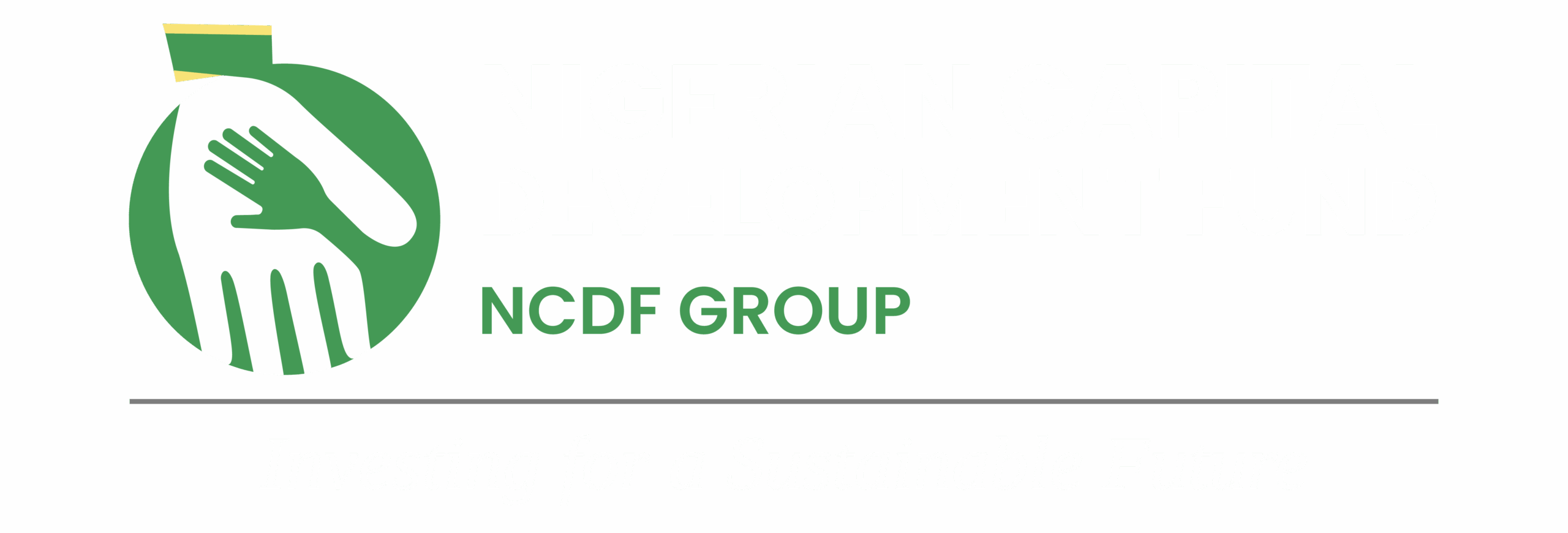- Fortune Entrepreneur Accelerator 2025.
- Learn More
Entrepreneur
Nigeria, Africa's largest economy and most populous country, is increasingly becoming a hotspot for entrepreneurial activity. The entrepreneurial ecosystem in Nigeria is a dynamic network of interrelated actors, institutions, and processes that foster new business creation, innovation, and economic growth. This comprehensive analysis delves into the policies supporting entrepreneurship in Nigeria, the ecosystem's structure, the implications of these policies, and how Nigeria's entrepreneurial environment compares on a global scale.
The entrepreneurial ecosystem in Nigeria is robust and evolving, driven by supportive policies, dynamic institutions, and a vibrant community of innovators. While challenges remain, the progress made thus far highlights Nigeria's potential to become a global hub for entrepreneurship and innovation. Continued efforts to improve the business environment, foster innovation, and attract international investment will be crucial in realizing this potential and ensuring sustainable economic growth.
World Bank. (2020). Doing Business 2020: Comparing Business Regulation in 190 Economies.
NITDA. (2021). Annual Report.
PEBEC. (2021). Ease of Doing Business Reforms.
NEPC. (2021). Zero to Export Program Overview.
AfDB. (2021). Nigeria Economic Outlook.
Published by
Fortune Entrepreneur Centre, London
Sign up for NCDF insights to receive trends, sustainability, impact investing and more directly to your inbox

Institutional Structure